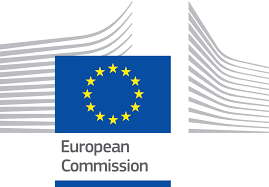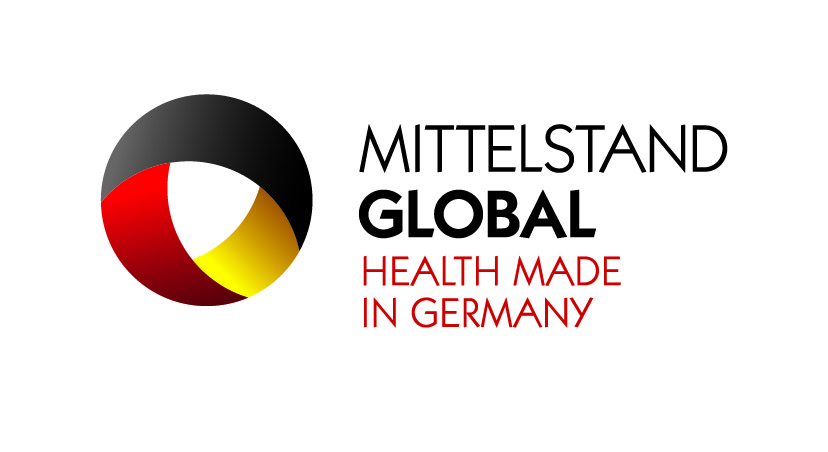Evaluation of the proteome analysis by IQWiG is scientifically irrelevant
Nov. 2015
[Press release]
The Institute for Quality and Efficiency in Health Care (IQWiG) carried out an investigation into the "proteome analysis to detect diabetic nephropathy". The point here is that researchers are now able to detect from the protein molecules in the urine extremely early on whether there is a risk of kidney disease. In contrast to the methods used up to now, this means that diabetics can be protected from kidney loss, dialysis, transplantation and impending premature death. The Federal Joint Committee (G-BA) commissioned the study because various global studies and statements by leading physicians show that this type of diagnostics has long been ready for the market.
After two and a half years of investigation, IQWiG has now come to the conclusion that "due to the lack of studies, the patient-relevant benefit or harm of a proteome analysis to detect diabetic nephropathy is just as unclear" as "its diagnostic or prognostic quality".
The Institute justifies this by saying that no references to studies relevant to the question were received.
Researchers and physicians are appalled by the way the institute works in cooperation with the G-BA. Seven studies and ten statements by internationally renowned scientists were available. Furthermore, IQWiG is obliged to carefully research the relevant material. The IQWiG studies are paid for by the G-BA. This, in turn, is maintained by the funds of those with statutory health insurance, for whom such new procedures should ultimately be evaluated to the best of our knowledge.
The examination of the proteome analysis including its conclusion violates the international criteria for the assessment of diagnosticians and the legal regulations. In fact, IQWiG excluded all study evidence of the proteome analysis from its own assessment. The neutral study assessment by Cristelis/Heerprink with three studies at the highest level of evidence according to the international EBM standard was rejected as irrelevant.
Diagnostics are evaluated according to the international levels EBM or SORT. However, IQWiG uses an assessment that is customary for the assessment of drugs and requires the diagnostic test to be a randomized study on the endpoint such as death/dialysis/heart attack. Such a study is arbitrarily requested for the first time by a diagnostic and does not provide any information about the diagnostic and its value and benefit. Diagnostics can only be checked in comparison to previously used diagnostics or with the disease comparison.
Especially how the disease develops after diagnostic detection, depends solely on the action of the drug. This is also stated by the international standards.
As medical researchers, we have established that IQWiG ignores basic medical knowledge. Diabetic nephropathy develops and exists exclusively at the molecular level. The proteome analysis with the protein pattern depicts this very early on. All medications only work at the molecular level - namely on the body's proteins. Since the proteome analysis detects a developing diabetic nephropathy for the first time at the molecular level, the corresponding medication can be used in good time for the first time. This is crucial medical and biochemical basic knowledge, which IQWiG excludes as "insignificant" in the assessment and the studies carried out for this purpose.
This way of working of the IQWiG violates not only the internationally applicable criteria, but also significantly against the rules of procedure of the G-BA.
IQWiG thus accepts that more and more people are entering the kidney complication phase and are increasingly receiving renal replacement therapy. So far, the DN can only be recognized with the albuminuria and the renal filtration rate (glomular filtration rate - GFR-). But then the organ reserve of the kidneys is used up to about 60% and the DN is far advanced. A dynamic decay of the remaining kidney filters sets in.
Obviously, the increase in the number of patients requiring dialysis is knowingly accepted. To date, only 0.9% of diabetics are on dialysis. Up to 30 to 40% of diabetics develop diabetic nephropathy. In recent years, the age of onset for diabetes has decreased to around 43 years. After about 10 to 15 years, diabetic nephropathy develops in late reporting diagnosticians. Dialysis begins after a few years. Mathematically, this means that in the next 10 years 80 to 150 billion euros will arise in costs in this area alone. The same applies to the cardio-vascular diseases that arise at the same time, but which could also be treated if they are recognized in good time.
But these possibilities of the latest early diagnostics are still denied to the thousands of patients in Germany. At the same time, however, they must – without being asked – finance institutions such as the G-BA and thus unscientific studies by IQWiG.
Interviews with scientists and researchers are possible at any time.
mosaiques diagnostics GmbH
Rotenburger Strasse 20
D-30659 Hanover
Germany
Telephone: +49 (0)511 55 47 44 0
Fax: +49 (0)511 55 47 44 31



